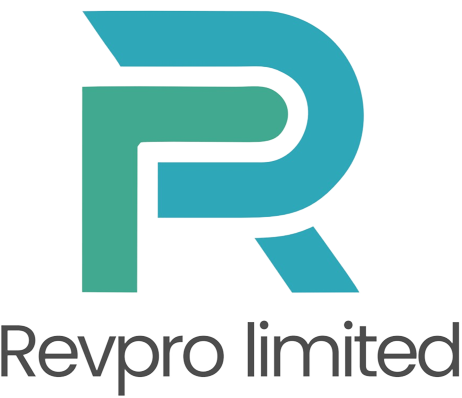Ways to Obtain Digital Transformation in Facility Management
1. End-to-end digital services
Almost every FM function can be done more efficiently through technology. From using sensors to detect burned-out light bulbs to automating workflows by using an online platform that informs vendors to perform repairs, technology speeds up processes while enabling greater transparency as everyone involved is able to see which stage a request is at.
Operations can be further optimized using building usage and performance data to obtain information such as when and how many employees are in the office. Doing so not only allows you to capture data that was previously untracked in paper-based systems, it also generates more data that can be analyzed to meet your company’s priorities. For example, office space can be reduced to save cost while new revenue streams can be created by renting out unneeded space for short term leases.
2. Workplace productivity and retention
Having the right talent is one of the greatest assets a company can possess. With some 4 million baby boomers reaching retirement age every year in the United States alone, it is imperative to reach out and appeal to millennials to take their place. An attractive workplace with flexibility and perks is essential to this new generation, and FM is the business function to fulfill this strategic advantage.
Facilities managers can advise C-suites on the right facilities needed to create new levels of space personalization and efficiency through tools such as an app or cloud-based facilities which allow your employees to work and collaborate with co-workers remotely.
3. Energy and sustainability
With smart building technology systems becoming increasingly sophisticated these days, facilities managers can take energy efficiency and sustainability to new levels. For example, highly advanced energy management systems can detect complex usage patterns and adapt energy usage precisely for specific occupants. The rise of apps has also created on-demand temperature and lighting apps that office workers can download on their mobile devices to control temperature and lighting in an individual office or zone, rather than an entire floor. This creates a win-win situation where your organization gets to enjoy energy savings while giving employees a sense of control over their environment.
4. Compliance
A key aspect of FM is compliance, which involves ensuring that everything in and around the building and offices adheres to government regulations and relevant security standards. What used to be a paper-based, long-drawn, costly and labor-intensive process can be made more accurate, simpler and more efficient with technology.
Before digitalization, a facilities manager would have to personally close a work order once an inspection was complete. Now, accurate verification can be confirmed with a few taps and clicks on a mobile device or a computer. Besides complying with government regulations, compliance extends internally such as staying with the company’s budgets. Through digital systems, facilities managers can oversee vendor relationships across different properties at the same time to remain within budget while real-time data collections allow FM teams to track actual expenses against budgeted or projected ones.

